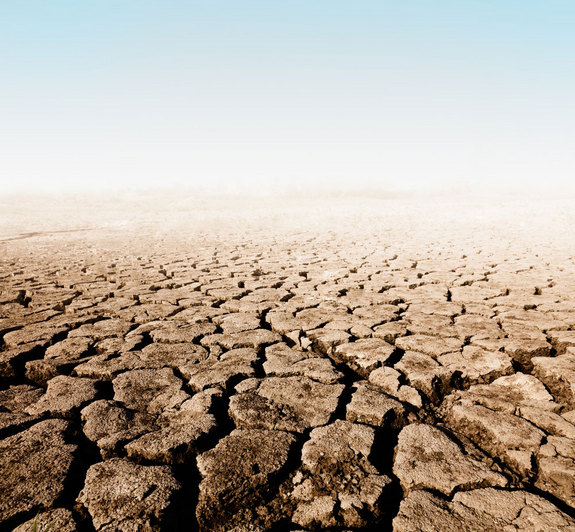Drought May Increase Suicide Risk

Get the world’s most fascinating discoveries delivered straight to your inbox.
You are now subscribed
Your newsletter sign-up was successful
Want to add more newsletters?

Delivered Daily
Daily Newsletter
Sign up for the latest discoveries, groundbreaking research and fascinating breakthroughs that impact you and the wider world direct to your inbox.

Once a week
Life's Little Mysteries
Feed your curiosity with an exclusive mystery every week, solved with science and delivered direct to your inbox before it's seen anywhere else.

Once a week
How It Works
Sign up to our free science & technology newsletter for your weekly fix of fascinating articles, quick quizzes, amazing images, and more

Delivered daily
Space.com Newsletter
Breaking space news, the latest updates on rocket launches, skywatching events and more!

Once a month
Watch This Space
Sign up to our monthly entertainment newsletter to keep up with all our coverage of the latest sci-fi and space movies, tv shows, games and books.

Once a week
Night Sky This Week
Discover this week's must-see night sky events, moon phases, and stunning astrophotos. Sign up for our skywatching newsletter and explore the universe with us!
Join the club
Get full access to premium articles, exclusive features and a growing list of member rewards.
Australian scientists have confirmed a disturbing association — the longer a drought drags on, the higher the risk of suicide.
The researchers, who detail their study online today (Aug. 13) in the journal Proceedings of the National Academy of Sciences, are not certain why bone-dry weather would be linked to suicide. However, they suggest several explanations, including the toll drought takes on farmers as well as on the human psyche. The drought-suicide link was found for rural men living in Australia.
The study results come amidst a historical drought hitting the United States, with many areas currently considered disaster zones.
Who's at risk?
In the new study, researchers analyzed suicide and drought statistics for the state of New South Wales between 1970 and 2007. Rural men ages 30 to 49 exhibited a 15 percent increase in suicide risk coinciding with longer and longer periods of drought. Younger men ages 10 to 29 living in rural areas also showed an increase in suicide risk, though not as high as the middle-age group.
Women living in rural areas actually exhibited a decreased suicide risk coinciding with increasing drought duration. This surprising finding contradicts a 2002 study that showed women living in rural areas in Australia were more at risk for suicides than rural men, although that study analyzed the time period between 1901 and 1998 and was primarily focused on the association between politics and suicide. [10 Easy Paths to Self Destruction]
Men and women living in urban areas of New South Wales, including Sydney, showed no such link between drought and suicide risk.
Get the world’s most fascinating discoveries delivered straight to your inbox.
"The surprising result for women reinforces the view that suicide is a very complex problem," researcher Ivan Hanigan of the Australian National University in Canberra told LiveScience in an email. And we're only just beginning to disentangle the various causes at work, he added.
Weather and psychology
There are several possible explanations for the link between drought and suicide risk, Hanigan and his co-authors note. For one, droughts increase the financial burden on farmers and farming communities due to failing crops. And the psychological toll of having to kill starving livestock or destroy ailing orchards or vineyards that may have taken generations to build should not be underestimated.
With the continental United States withering under the worst drought since 1956, recent heat waves have compounded bone-dry conditions, resulting in a dismal outlook for the U.S. corn and soybean crops. Though Australia is the only country, so far, with studies examining the link between suicide and drought, media reports from India have also speculated on the link between the two and what it means for their farmers.
Weather has long been known to have an effect on our moods, for better or worse. But seasonal affective disorder (SAD) — when depression sets in with the onset of winter — aside, studies on whether we are more or less irritable and prone to violence during hot weather are a mixed bag.
Sleep troubles, dehydration and lack of control over the weather can all contribute to lowering a person's mood or increasing violent behavior. Yet other studies have found that above a certain temperature, our aggressive tendencies tend to taper off.
However weather and drought affect our moods, Hanigan and his colleagues believe it's important to better understand this interaction. They hope their new findings will help public health officials with timing suicide prevention campaigns by pinpointing periods of greater risk throughout the year.
 Live Science Plus
Live Science Plus










